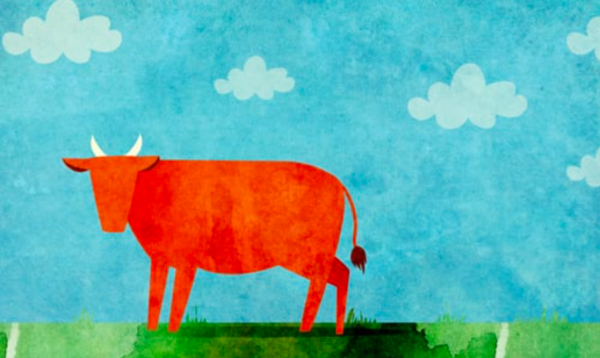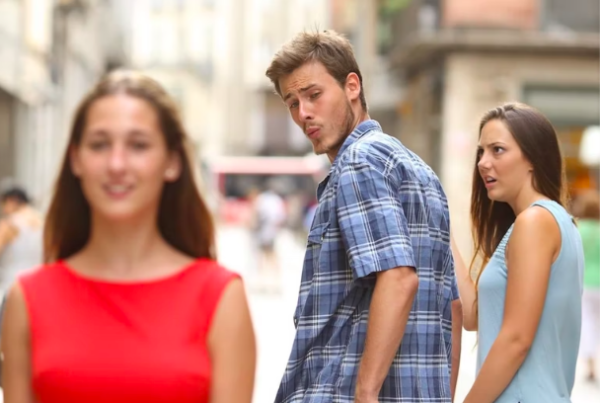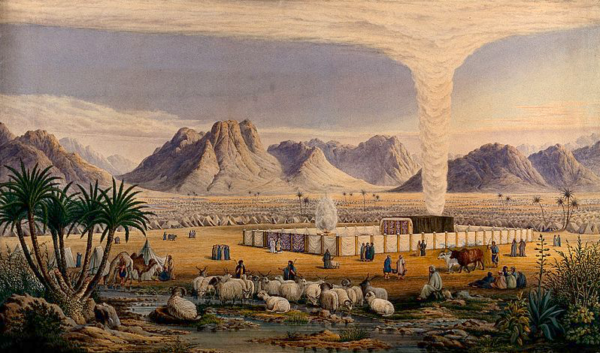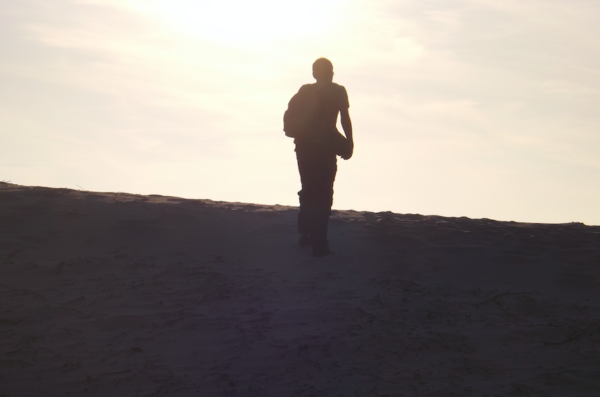Category Sermons
Thoughts on parashat Chukat.
“The limits of my language mean the limits of my world,” said Ludwig Wittgenstein, an Austrian-British philosopher of Jewish origin. Very true: it is often the case that we cannot truly understand a phenomenon until we have a linguistic representation.
Refleksja nad paraszą Chukat.
„Granice mojego języka wyznaczają granice mojego świata” – pisał Ludwig Wittgenstein, austriacko-brytyjski filozof żydowskiego pochodzenia. Jest to jak najbardziej trafna konstatacja: bardzo często nie potrafimy zrozumieć jakiegoś zjawiska ponieważ nie posiadamy ku temu odpowiedniego języka.
Refleksja nad paraszą Korach.
Parasza na ten tydzień opisuje zalążek rewolucji, która poniosła całkowitą klęskę. Korach podżega do buntu, kwestionując przywództwo Mojżesza i przyznanie kapłaństwa Aaronowi. W przedsięwzięciu tym towarzyszą mu nieprzejednani wrogowie Mojżesza, Datan i Abiram. Dołącza
Thoughts on parashat Shelach.
Reason, feelings, senses… Since antiquity philosophers, thinkers and writers have wandered about these notions relating to intellectual and spiritual phenomena. What should we follow and when? Are there any general rules in this matter or does everything depend on the situation?
Opinions
Refleksja nad paraszą Szelach.
Rozum, uczucia, zmysły… te pojęcia odnoszące się do zjawisk intelektualnych i duchowych od starożytności nurtowały filozofów, myślicieli, pisarzy. Czym powinniśmy się kierować, za czym powinniśmy iść? Czy istnieją jakieś ogóle reguły w tej kwestii czy wszystko
Thoughts on parashat Beha’alotecha
When we look around at the life of our society, we often wonder why these or those problems and injustices take place. We find answers here and there, in the media, in the scientific literature, or
Refleksja nad paraszą Beha’alotecha.
Patrząc wokół, na życie naszych społeczeństw, często zastanawiamy się dlaczego takie lub inne problemy i niesprawiedliwości mają miejsce. Potem znajdujemy odpowiedzi, tu i tam, w mediach, literaturze naukowej czy też w opiniach innych ludzi. Odpowiedzi te są
Thoughts on Parashat Nasso.
Why do people need religion and what is it for? From the traditional, moral perspective the main goal of religion is to provide individuals with the fundamental distinction between good and evil, and to teach them what is right and what is wrong. Another goal of religion is to unite social
Refleksja nad paraszą Naso.
Po co ludziom religia i do czego ona służy? W tradycyjnym, moralnym wymiarze tego zagadnienia celem religii jest dostarczenie indywiduom fundamentalnego rozróżnienia pomiędzy tym co dobre i złe, ucząc przy tym tego co jest słuszne i niesłuszne. Innym, społecznym celem religii jest
Thoughts on parashat Bemidbar.
Life sometimes puts us in difficult and complicated situations, in which we say to ourselves “it will be ok”, and then it turns out that what we feared the most becomes reality. It also happens that we are filled with enormous optimism in these difficult situations, which





